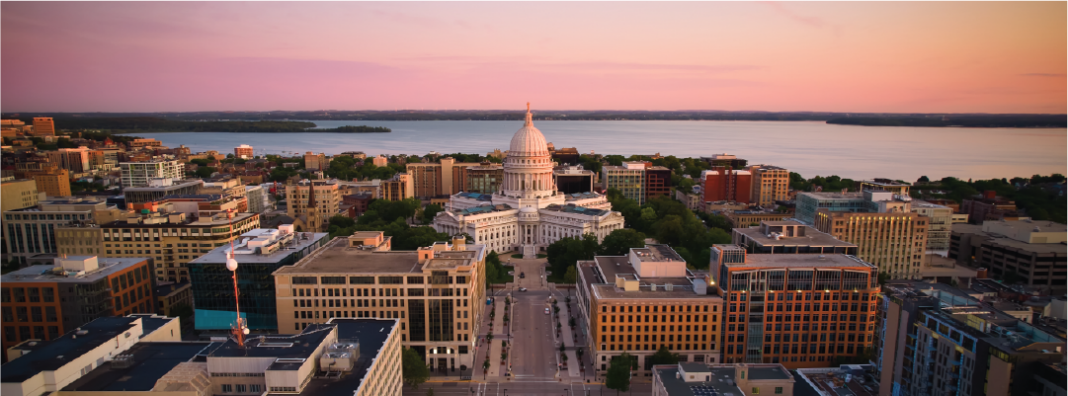
Wisconsin’s Legislature is poised to make smart updates to its occupational licensing rules. Next week, Rep. John Macco’s “Unlocking Employment” proposal will be considered by lawmakers in the state Assembly. A major improvement in the package is allowing immigrant professionals to earn occupational licenses in Wisconsin.
Updates like these will set the stage for a brighter future for natives and immigrants alike. Too many immigrant workers are barred from using their skills, not because of their abilities, but because of unwieldy laws. Research is clear that opening licensed trades to everyone who can pass qualifying tests will improve Wisconsin’s economy and improve the integration of immigrants into American society.
As a whole, Wisconsin operates its licensing rules well. For the most part, these rules work as they should — preventing untrained charlatans from harming the public. In too many states, licensing rules have become burdensome barriers instead of simple consumer protections. According to experts with the Institute for Justice, Wisconsin ranks as one of the 10 least burdensome states in the country. Wisconsin sets an example that more states should be emulating.
Wisconsin can continue to be a leader by opening up trades to immigrant professionals. Most states have yet to build the runway for people trained outside of America. Or states haven’t made it possible for Dreamers, who are not yet citizens, to earn licenses.
Dreamers, those given work authorization by the Deferred Action for Childhood Arrivals (DACA) program, are a prime example. Dreamers get their name from a 2001 proposal, the Development, Relief, and Education for Alien Minors (DREAM) Act. Similar proposals, supported by both Republicans and Democrats, exist today. Regulations often prevent them from serving their communities in valuable roles — teaching and nursing are prime examples.
Other states have woken up to the opportunity. For example, New York in 2016 permitted DACA recipients to apply for teacher licenses. Arkansas allowed DACA recipients to work in the nursing sector in 2019 and later expanded the scope to dozens of licensed jobs in 2020, Wisconsin is taking the same approach and thinking about it the right way: unlocking the contributions of foreign-born Wisconsinites for the benefit of the entire state’s economy.
Opening licensing professions to Dreamers is about unlocking the potential of ready and capable professionals. Immigrants bring diverse skills and perspectives, filling critical gaps in various sectors. In particular, this is important where there is a shortage of skilled labor. In a labor shortage, there are no concerns about displacing native workers simply because there aren’t enough workers in the first palace.
Research on occupational licensing and immigration, published by the Center for Growth and Opportunity at Utah State University, shows exactly this economic benefit. When California opened its trades to immigrants, they started working and filling labor shortages. And the study also shows that immigrants didn’t crowd out natives. Wisconsin can do the same — meet consumer needs simply by allowing Dreamers to do more.
Set aside economic concerns for a moment, however. A compelling argument for opening licensed trades to Dreamers lies in the social sphere. Occupational licensing rules do more than erect economic barriers; they create social ones. By restricting access to licensed professions, we inadvertently sideline a significant section of our community, impeding their ability to fully integrate and contribute to society. Letting Dreamers earn licenses is a step towards Americanizing immigrants looking for the American dream.
Allowing immigrants, including DACA holders, into skilled professions will improve the economy. It also acknowledges their role in the social fabric of Wisconsin. It’s about sending a clear message: they are valued members of our community.
In opening licensed trades to Dreamers, Wisconsin policymakers have a unique opportunity to break down these economic and social barriers. They can pave the way for a more inclusive, prosperous future for all its residents, no matter where they were born.



 The Capital Times
The Capital Times